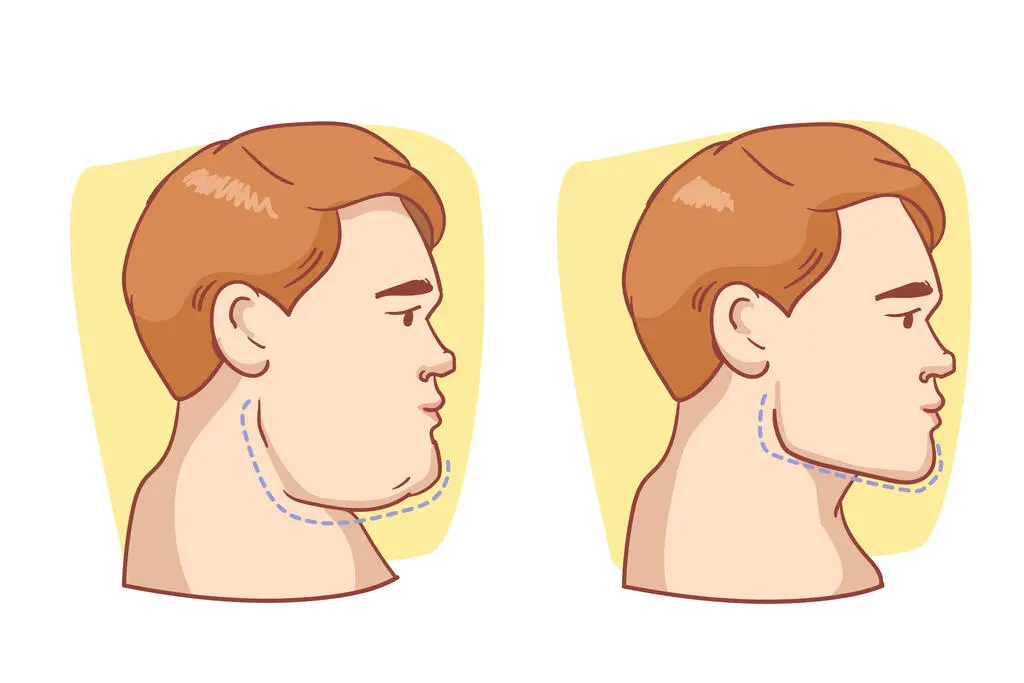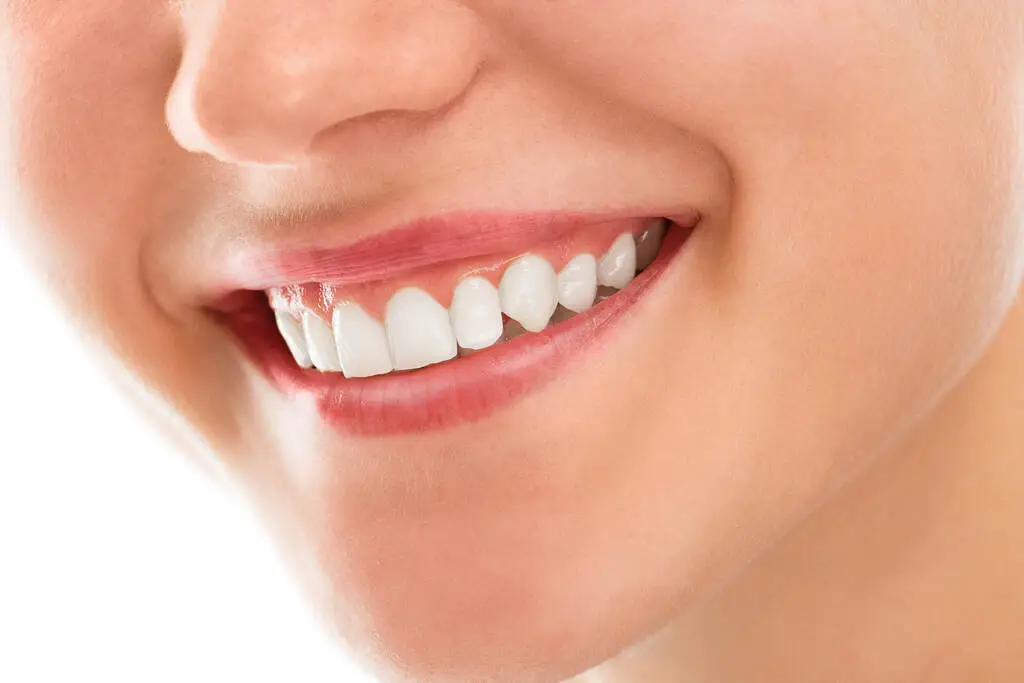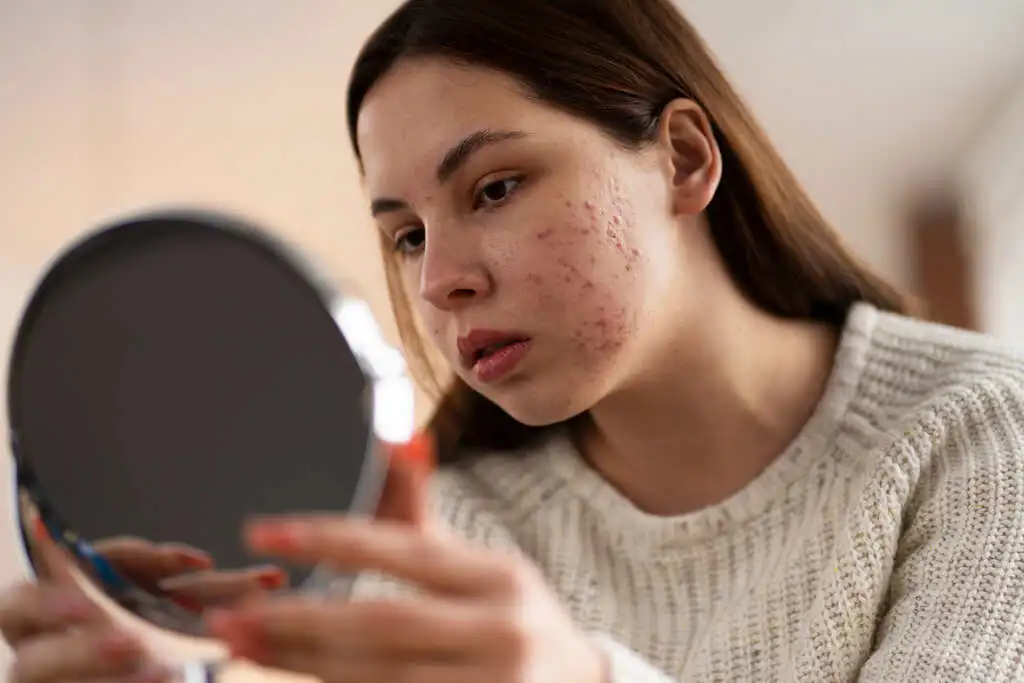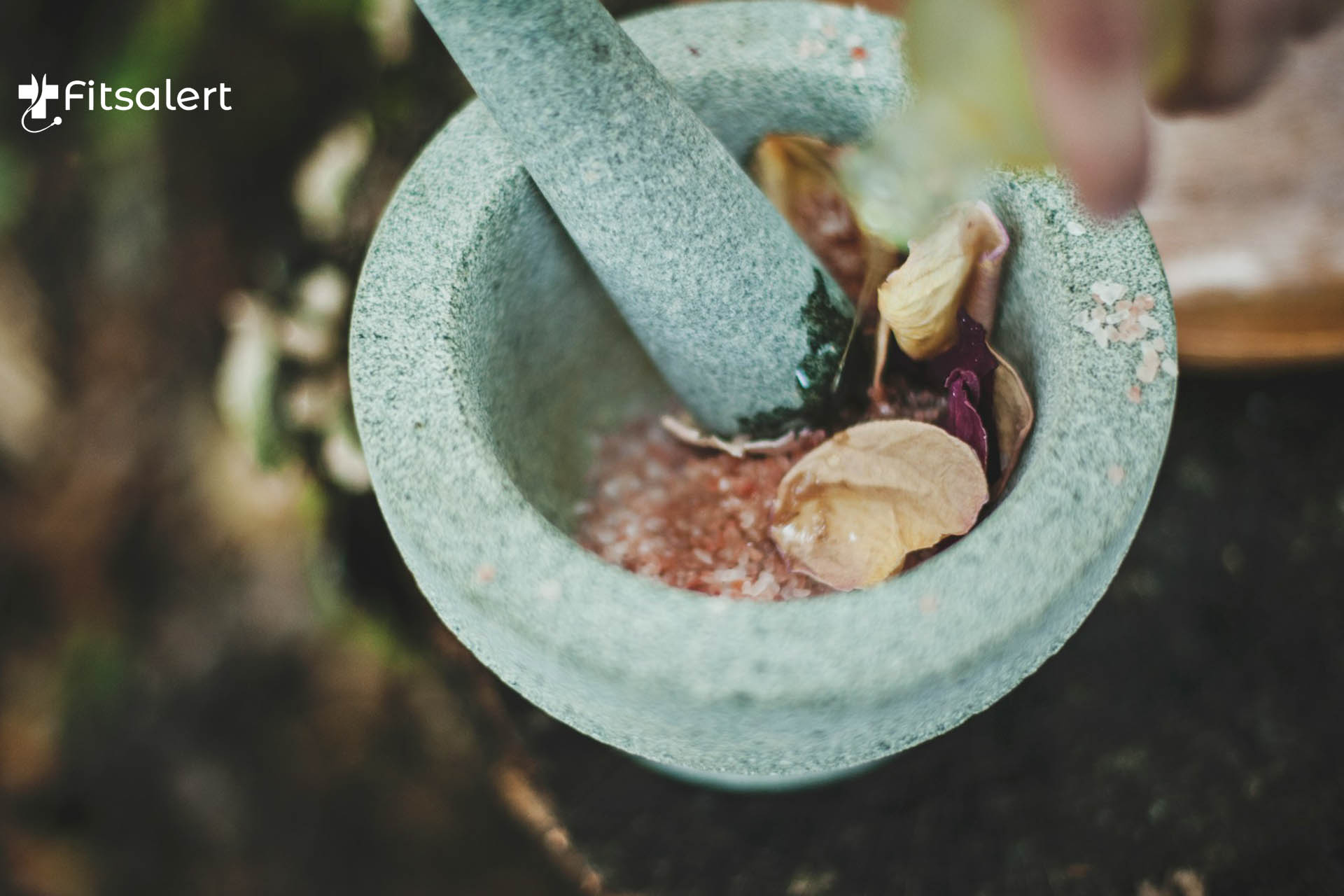Home remedies like coconut oil, apple cider vinegar rinses, and peppermint oil can provide relief for an itchy scalp. An itchy scalp, medically termed scalp pruritus, is a common issue associated with various scalp conditions.
The treatment approach typically depends on the root cause of your itchy scalp. However, certain home remedies may help alleviate discomfort.
Apple Cider Vinegar
For centuries, apple cider vinegar has served as a popular alternative remedy for various conditions. Believers attribute antioxidant and antimicrobial properties to apple cider vinegar.
As recommended by the National Psoriasis Foundation, you can create a solution using equal parts water and organic apple cider vinegar. Applying this mixture to your scalp several times a week may help alleviate itching. Remember to rinse your scalp after application.
Organic Coconut Oil
Extracted naturally from mature coconuts, organic coconut oil is believed to possess antifungal and antibacterial properties that could provide relief for your itchy scalp. Coconut oil, rich in lauric acid comprising nearly 50% of its fat content, is known for its ability to be easily absorbed by the skin.
A study conducted in 2009 suggested that a combination of coconut oil and anise may be more effective in treating scalp itch caused by head lice compared to permethrin, a commonly used medication for lice elimination.
Peppermint Oil
According to a study from 2016 involving 50 participants, peppermint oil proved effective in significantly reducing itchiness symptoms. The application of peppermint oil twice daily over 2 weeks showed promising results in alleviating scalp itchiness.
Use peppermint oil as a remedy for an itchy scalp by diluting it with water or another carrier oil like olive oil. Gently massage the diluted oil mixture into the scalp before shampooing for optimal results.
Meditation
Engaging in stress-reducing activities like meditation could prove beneficial in helping itchy scalp issues.
In a recent review conducted in 2021, researchers discovered that various forms of meditation and guided imagery had a positive impact on symptoms associated with conditions like psoriasis, including lesions.
However, it’s important to note that meditation should complement other medical treatments, and further research is required to fully understand its effectiveness. If you’re new to meditation, utilizing apps or listening to guided meditation tapes or podcasts can serve as helpful starting points.
Tea Tree Oil
Tea tree oil, known for its antimicrobial and anti-inflammatory properties, can offer relief for an itchy scalp. However, it’s essential to use it cautiously as it may cause skin irritation. To reduce this risk, consider diluting the oil in water before application.
You can incorporate tea tree oil into your hair care routine by adding 10–20 drops to a mild shampoo. Alternatively, mix it with olive oil and gently massage it into your scalp for soothing relief.
Zinc Pyrithione Shampoo
People often use zinc pyrithione shampoo to treat skin conditions like psoriasis and seborrheic dermatitis. However, it’s crucial to consult with a healthcare professional before using these shampoos. The reason is that the concentration of zinc pyrithione can vary between brands.
You may need to experiment with different options to find the most effective one for your condition. The frequency of shampooing depends on individual preferences and the severity of the condition. While some people find daily shampooing provides relief from itching, others may find it too drying for the scalp.
Final Thoughts
Various skin conditions often associate scalp itch, also known as pruritus, as a common issue. While home remedies like meditation, essential oils, or over-the-counter shampoos can often alleviate symptoms, seeking medical treatment may be necessary in some cases. If your symptoms persist after a week of home treatment, it’s advisable to consult a doctor. They can assess your condition and recommend a tailored treatment plan to address your specific needs.















